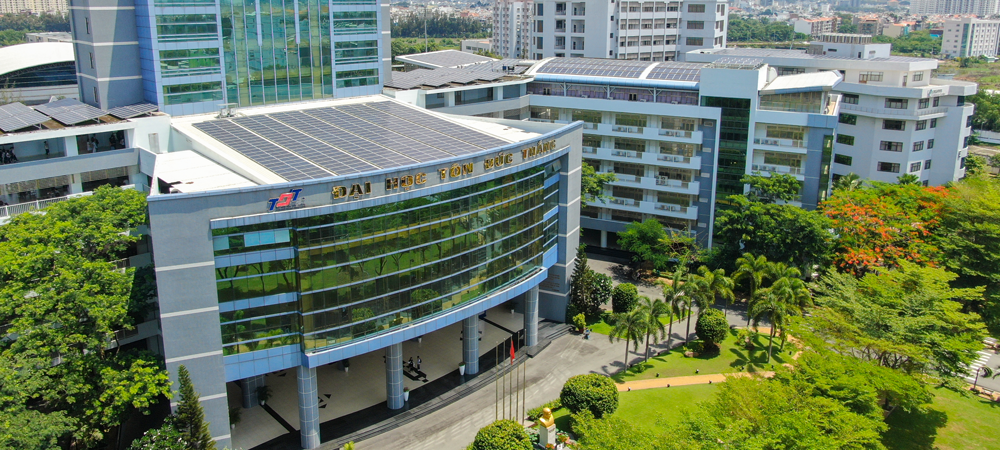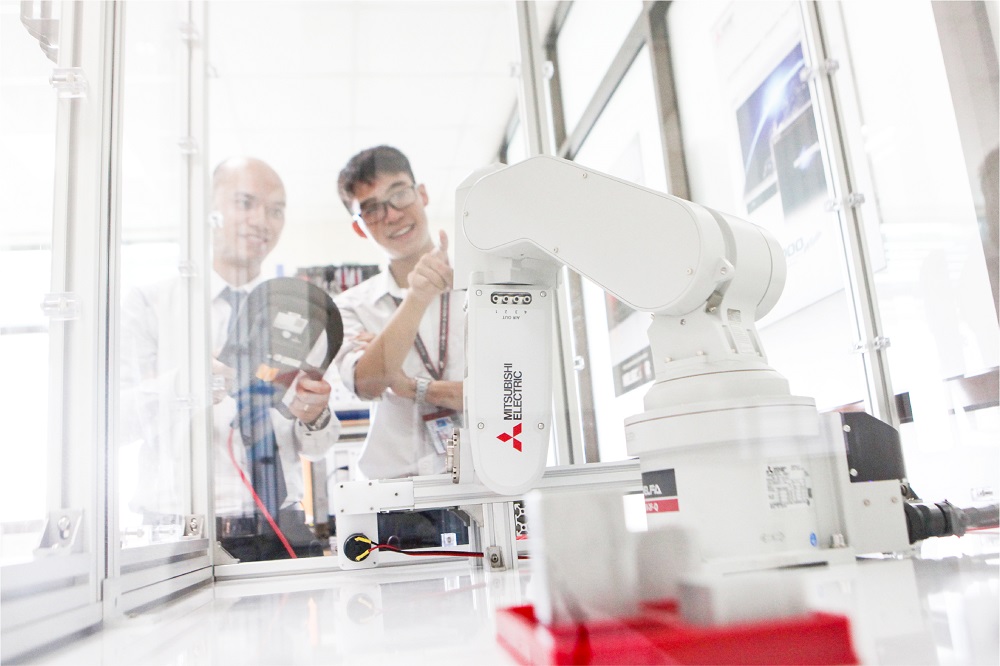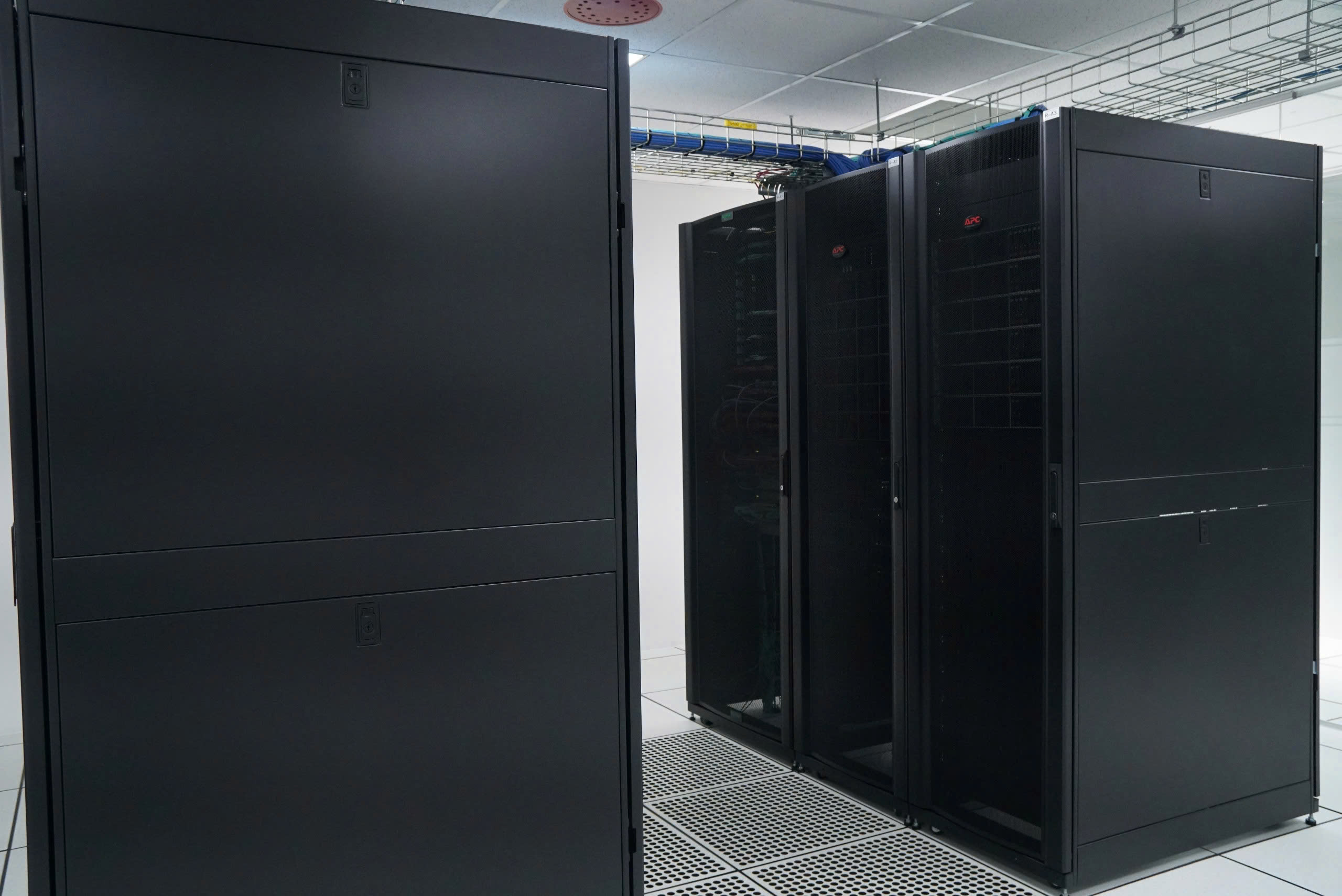The Institute for Advanced Study in Technology (IAST) of Ton Duc Thang University is a leading research and educational institution founded on April 15, 2023. It was established through the merger of two existing research institutes of Ton Duc Thang University, namely the Advanced Institute of Materials Science (AIMaS) and the Institute for Computational Science (INCOS). The office of Institute for Advanced Study in Technology (IAST) in Ha Noi was established December 4, 2024.
With a strong focus on interdisciplinary research, technology transfer, and training of highly qualified researchers, IAST strives to push the boundaries of scientific knowledge and contribute to the betterment of society.
IAST is committed to fulfilling several core missions:
1. Implement a contemporary management framework aimed at attracting highly skilled scientists while nurturing a culture of creativity, accountability, and ownership. IAST fosters an environment of open communication and collaboration, empowering researchers to spearhead groundbreaking scientific advancements. By employing modern managerial practices, IAST creates an atmosphere that inspires scientists to excel and take responsibility for their work. It encourages a culture of innovation and critical thinking, enabling researchers to explore unconventional ideas and push the boundaries of knowledge.
2. Perform interdisciplinary research: IAST engages in cutting-edge interdisciplinary research, employing a combination of theoretical, computational, artificial intelligence, and experimental approaches. By bringing together experts from diverse fields, IAST aims to tackle significant scientific challenges that have societal benefits.
3. Develop technologies and products: Building upon the foundation laid by basic research, IAST focuses on translating scientific discoveries into practical applications. Through the development of technologies and products, IAST aims to address real-life problems and contribute to advancements in various industries.
4. Transfer knowledge, skills, and technologies: IAST recognizes the importance of sharing knowledge and expertise with external organizations in both the public and private sectors. By facilitating the transfer of knowledge, skills, and technologies, IAST aims to foster collaboration and bridge the gap between academia and industry.
5. Educate and train world-class scientists: IAST places great emphasis on education and training, striving to nurture highly qualified researchers. By providing a stimulating learning environment, IAST aims to produce scientists with the skills and knowledge to make significant contributions in their respective fields.
6. Foster collaboration: Collaboration is a key aspect of IAST's mission. The institute actively seeks partnerships with both domestic and international research and education institutions. By fostering collaboration, IAST aims to promote knowledge exchange, share resources, and undertake joint projects to address complex scientific challenges.
Research Units:
IAST is home to several research units, including:
1. Laboratory of Mechanics of Advanced Materials and Structures: Focuses on analyzing the mechanical behavior of advanced materials and structures at different scales such as macro, micro, and nano. Examples include plate/shell structures with complex geometries made of nanomaterials, highly anisotropic nanocomposites, functionally graded materials, piezoelectric materials, and low-dimensional structured materials.
2. Laboratory of Biophysics: Dedicated to exploring the molecular mechanisms of living entities and developing pharmaceuticals for the treatment of human diseases.
3. Laboratory of Advanced Materials Chemistry: Conducts research on the synthesis and development of advanced materials such as nanomaterials, semiconductors, metal-organic frameworks (MOFs), complexes, and composites. The focus lies in analyzing physicochemical properties, reaction mechanisms, and applications in fields such as renewable energy, biomedicine, catalysis, textiles and dyeing, and environmental pollution treatment.
4. Atomic Molecular and Optical Physics Research Group: Investigates the structure of atoms, molecules, and molecular clusters as well as their interactions with external fields. The research particularly emphasizes fundamental problems related to the generation of ultrashort-wavelength light pulses and the foundation for applications in fields such as quantum information processing and laser technology.
5. Laboratory of Advanced Materials and Natural Resources: Concentrates on the study of both natural and synthetic (artificial) materials, especially advanced materials, which represent one of the world’s key research directions now and in the future. This field forms the foundation and key to the development of many areas such as energy, medicine, biosafety, and defense.
6. Laboratory of Sustainable Development in Natural Resources and Environment: Focuses on the management, exploitation, and sustainable development of natural resources, including mineral economics, environmental protection, carbon mineralization technology, circular economy, occupational safety, and the application of Industry 4.0 technologies in the fields of resources and environment.
These research units cover a wide range of scientific disciplines and contribute to IAST's interdisciplinary approach. Their research interests and expertise complement IAST's overall mission of advancing scientific knowledge, technology development, and training of researchers.
Overall, IAST serves as a hub for interdisciplinary research, technology transfer, and training of highly qualified scientists, with the goal of making significant contributions to scientific advancement and societal well-being.



